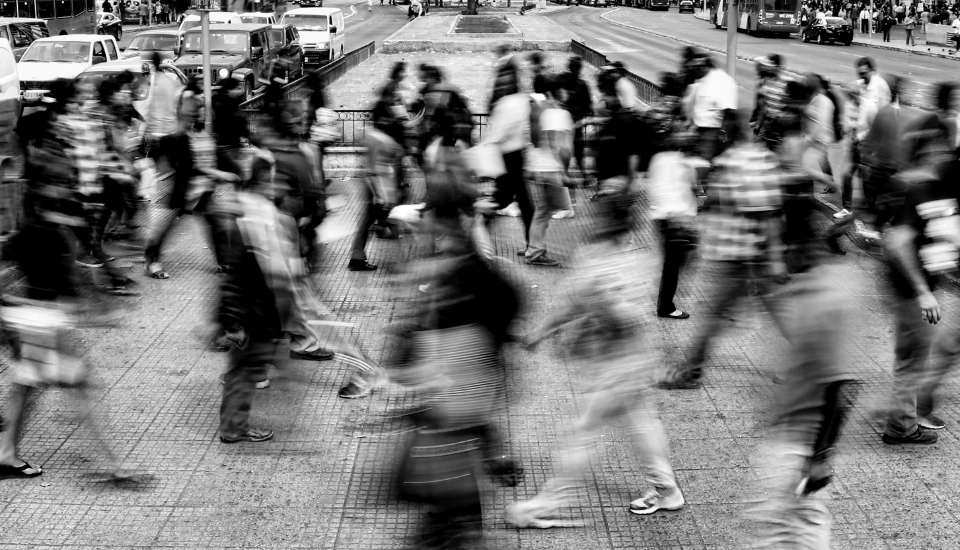Employees in low-skill, low-paid and insecure occupations constitute 45% of Britain’s labour market, and it is these workers that are turning their backs on the left in droves.
In the 2019 election, Labour lost many seats in former strongholds in the post-industrial north and Midlands, and by contrast, stacked upvotes in London and other major cities. The collapse of the red wall signals a serious fracture in the left’s relationship with the working class.
Can a transformation of work itself help the left to re-establish a connection with the communities that founded it?
Starting from the assumption that all work should be fulfilling, respected and well-rewarded, Jon Cruddas and Molly Kinder will explore ways to repair our civic life by paying closer attention to the interests and concerns of the working class. Practical interventions such as national colleges for skilled work and worker councils could help restore value to work and rebalance employer-employee relationships. By giving workers more respect and control, we can renew the dignity, solidarity, and community of work.


